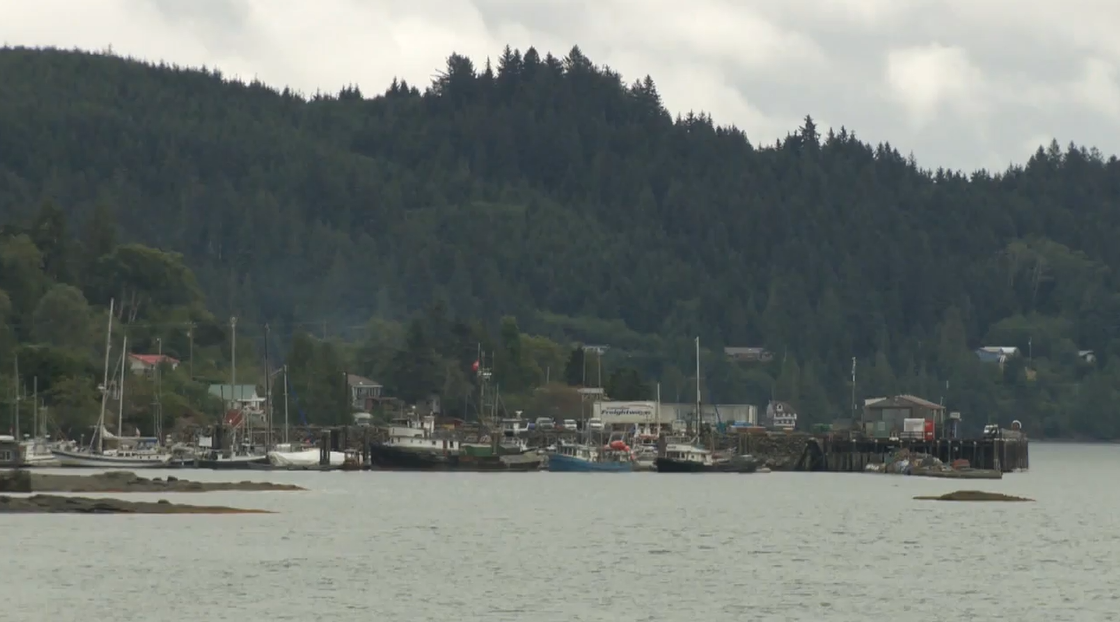The Council of the Haida Nation is asking British Columbian visitors to stay away from the region until at least July 1.

In a video posted on the Nation’s website, Gaagwiis, the President of the Haida Nation, announced the community was removing the Haida Gwaii State of Emergency.
“It’s been a long year for the people of Haida Gwaii and I’m forever grateful for everybody’s respect of one another and diligence as we’ve all gone through this pandemic together,” Gaagwiis said.
“After many discussions with our leadership in our communities, Skidegate and Old Massett, our Emergency Operation Centres, Island leaders, our community health leads and local doctors, it’s become quite clear that we’re in a place now where we’re ready to turn the corner and begin to really look forward at the summer.”

The B.C. government’s restart plan is set to move into Step 2 on June 15. At that point British Columbians will be encouraged to travel across B.C.
But the Haida leadership says it is still hoping for time and space for the community to get comfortable with being able to interact with one another again in small ways and get familiar with the new reality.

Get weekly health news
The Haida are also working on vaccination clinics so that the residents of Haida Gwaii can receive their second dose and allow time — the two weeks for the vaccinations to take full effect — and increase the layer of protection for residents, before welcoming visitors.

“Over the month of June, we will also be looking to move forward in launching the Haida Gwaii Visitor Pledge. We will be asking all visitors who come to Haida Gwaii to sign-up to the Haida Gwaii Visitor Pledge, which will include following all public health guidance and COVID-19 safety protocols, along with respectful ways to enjoy Haida Gwaii,” Gaagwiis said.
“I know this has been a very hard time for everybody and it’s really important that we’re able to balance not only COVID-19 safety but our overall health and well-being and the mental health of the people of Haida Gwaii and also able to sustain livelihoods.”









Comments